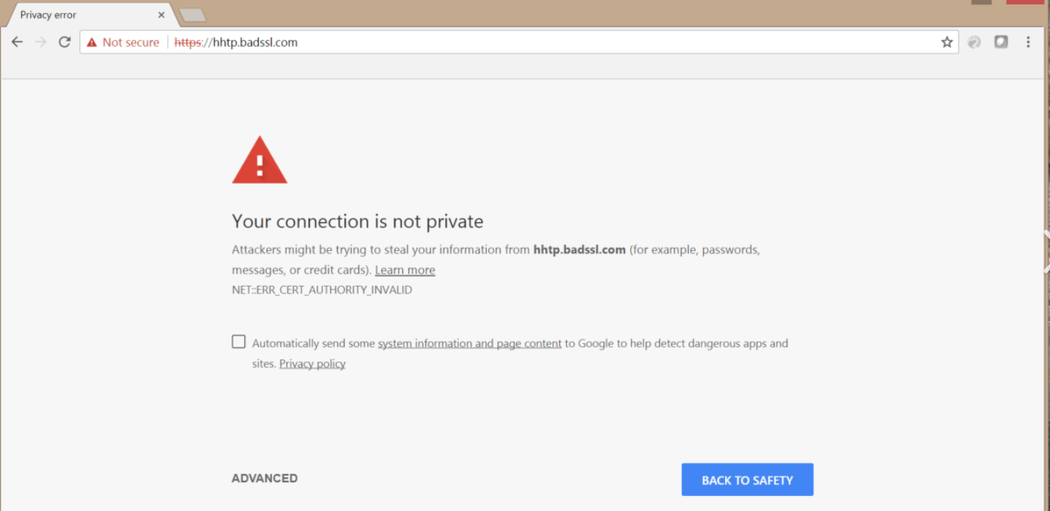You’ve registered the perfect domain name and are getting close to publishing your new website. Your product list, blog or new venture is coming together nicely, and your website looks superb. But something’s missing.
You may recall the term ‘SSL’ from previous conversations and research. Here’s everything you need to know about SSL certificates and why all websites need to have one.
Welcome to SSL 101.
SSL (Secure Sockets Layer) is the standard security technology for establishing an encrypted link between a web server and a browser. This link ensures that all data passed between the web server and browser stay private. In other words, it lets customers know that it’s safe to browse, shop and enter their information on your site.
Every site needs an SSL certificate.
Since 2018, popular browsers like Chrome, Safari and Firefox have been flagging websites as “Not Secure” if they don’t have an SSL certificate. This means when customers try to visit sites without SSL certificates, their browsers show them a warning like the one below.

Before you dismiss your site as “too small to be a target,” remember that most interceptions are automated without a human deciding who gets attacked.
Also, Google search ranks sites with a correctly installed SSL certificate above those without one. When you’ve got one, customers will have an easier time finding your site — they’ll be able to visit without fear of having their data stolen.

There are many bad actors and impersonators online, which makes having a correctly installed SSL certificate all the more important. Our SSL certificates protect your brand and help you look more trustworthy by having an award-winning Certificate Authority like GoDaddy validate ownership of your domain.
SSL certificates can even help your site become more compliant with industry regulations such as HIPAA, GDPR, PCI and others.
How to install your SSL certificate.
Next, you’ll need to install your SSL certificate — for help with that, check out this video from one of our outstanding GoDaddy Guides.
Once the installation’s complete, there are just a few more things that need to be done to make sure that your visitors always see that your site’s got an SSL, such as:
- Setting up redirects.
- Checking for content errors.
- Keeping close tabs on the validation period.
I’m too busy. I wish you could do it for me.
Your wish has been granted. With our Managed SSL Service, our security experts do all the work to make sure your site’s always protected.
Say goodbye to hours of manually installing, configuring and troubleshooting your SSL certificate. Plus, no more forgetting about your SSL certificate’s expiration date (self-managed renewals can get tricky, after all) — we’ve got that handled, too. Our experts have you covered so your visitors always see a secure, https-encrypted website.
The post The SSL guide appeared first on GoDaddy Blog.




